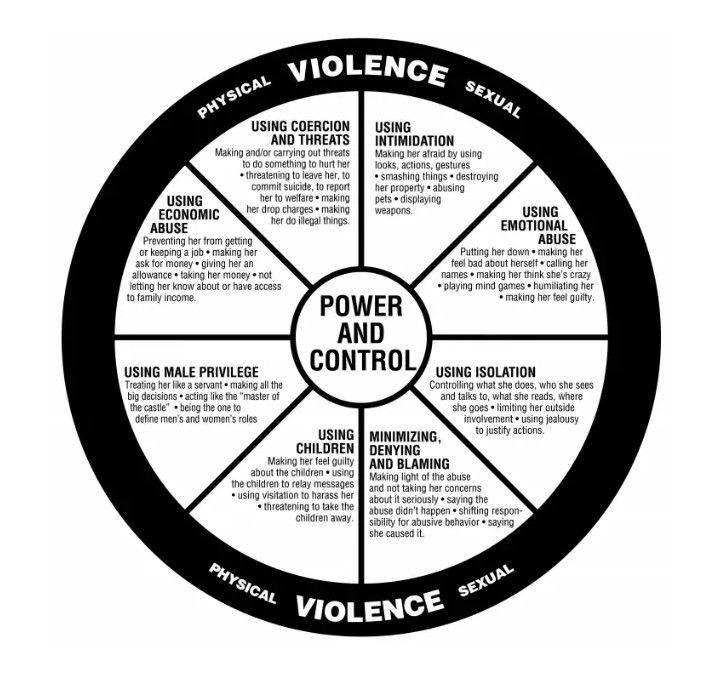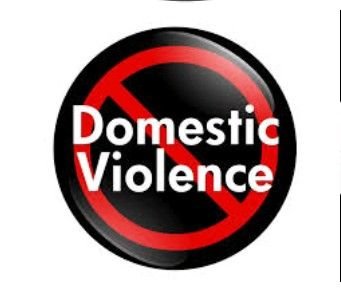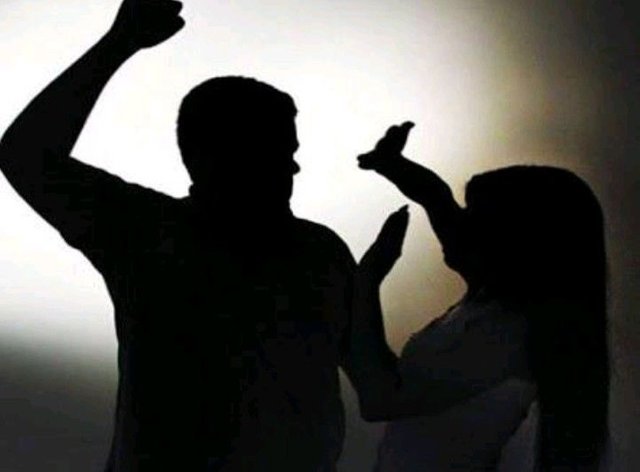Domestic violence
image source
image source
Domestic violence is known as domestic abuse. It may also be seen as intimate partner violence or relationship abuse. It is the change of behaviors used by one partner to maintain power and take control over the other partner in an intimate relationship.
Domestic violence occur or happens to those who are living together, married, dating, age, race, sexual orientation, gender and religion can be a victim of this. It affects people of all socioeconomic backgrounds and educational levels. In this aspect, partners can be stopped from doing what they desire due to behaviors that physically harm and arouse fear and this form of domestic abuse can occur or take place at a particular time.
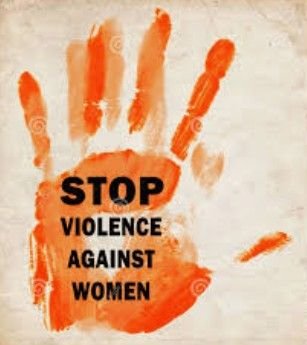
image source
Abuser thinks the need two control their partner because of low self-esteem, extreme jealousy, difficulties in regulating anger and other strong emotions or when they feel inferior two the other partner in education and socioeconomic background.
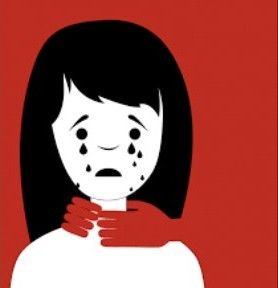
image source
Most children experience and witness or be a victim of domestic violence may see this has a way you resolve conflict between people in which it's not a proper way to reason .
SIGNS OF DOMESTIC VIOLENCE
Some of domestic violence include the following;
To stop you from making your own personal decision
May threatens to hurt you or to kill
To be under pressure to have sex when you are not in need of it.
Under pressure to abuse drugs and alcohol
To intimidate you with a gun, knife and other weapons
To scare you in a way you don't like
To control every movement you make
To keep you indoor, away from seeing friends or any family members.
Threatening you not to get in contact with the police or neither seek for medical attention or care
Beating or shocking you.
Being depress such as hopeless, sadness, loose of interest in an activities
Public Embarrassments.
HOW CAN WE STOP DOMESTIC VIOLENCE?
Call the police if you see or hear evidence of domestic violence. Speak out publicly against domestic violence. For example, if you hear a joke about beating your spouse, let that person know you aren't Okay with that kind of humor.
Maintain a healthy, respectful romantic relationship as a model for your children and others. Refer your neighbor, co worker, friend, or family member to a domestic violence outreach organization if you suspect he or she is being abused. Educate others on domestic violence by inviting a speaker from your local domestic violence organization to present at your religious or professional organization, civic or volunteer group, workplace, or school.
In conclusion No cause of domestic violence, however, justifies the actions of the abuser, nor should it be used as a rationale for their behavior. These possible causes are only to better understand why an abuser believes it is acceptable to abuse their partner physically, sexually, psychologically or emotionally. Ultimately an abuser needs to get help for their unhealthy and destructive behavior, or find themselves living a solitary and lonely life.
